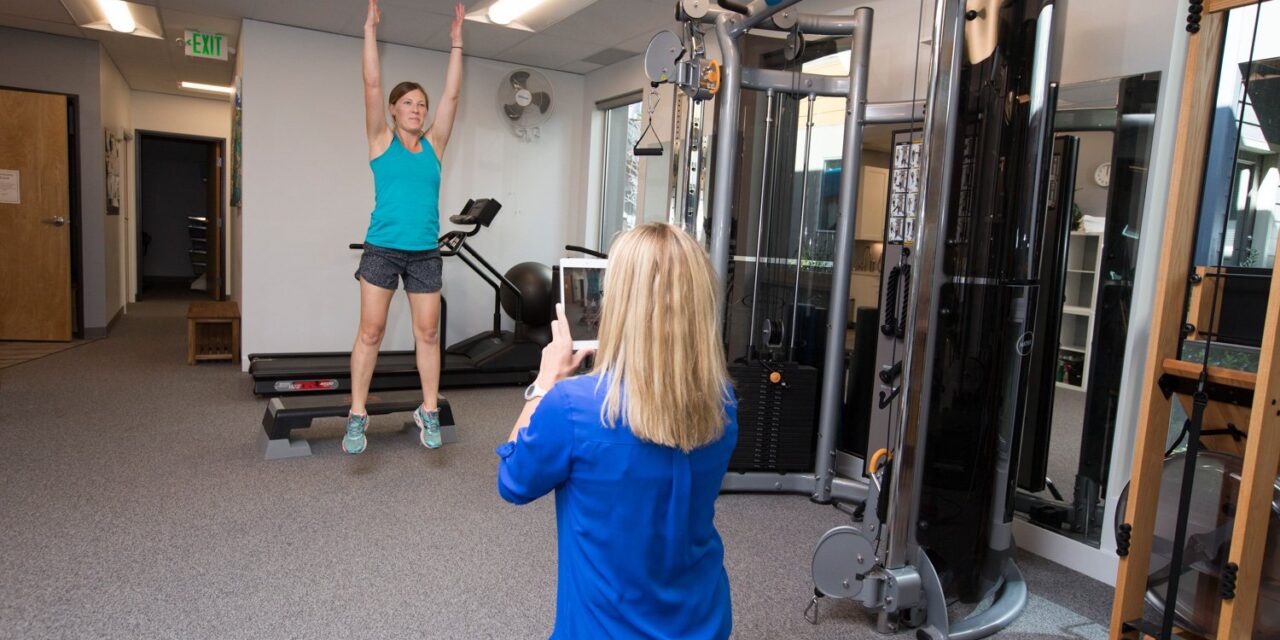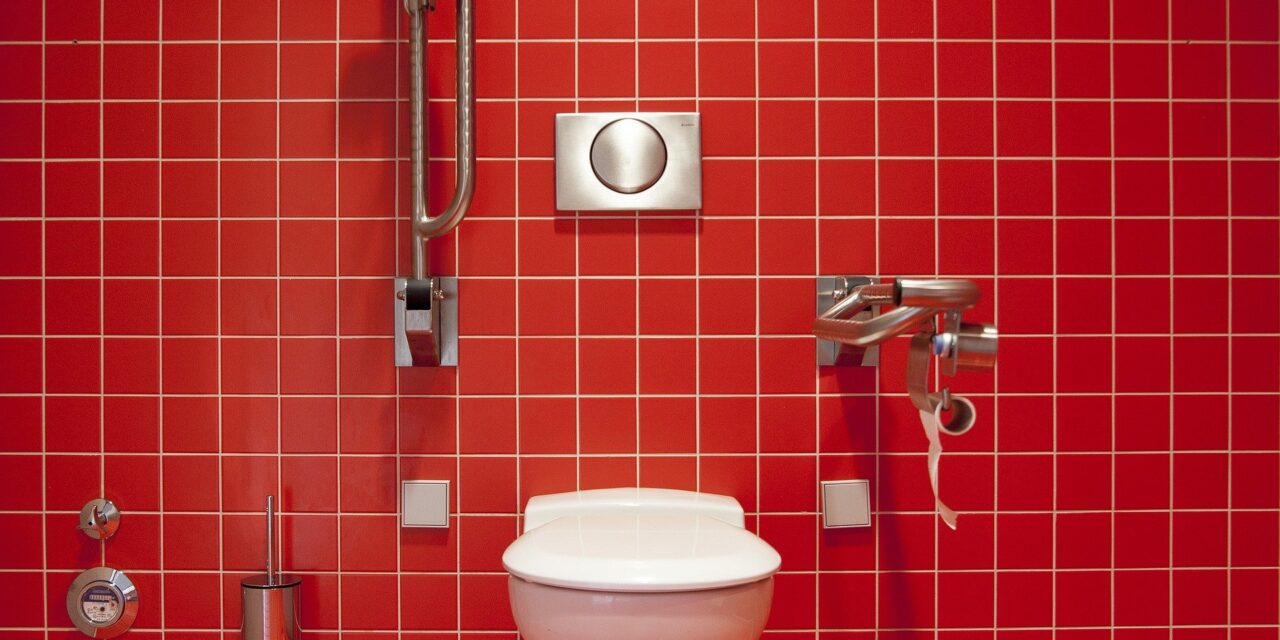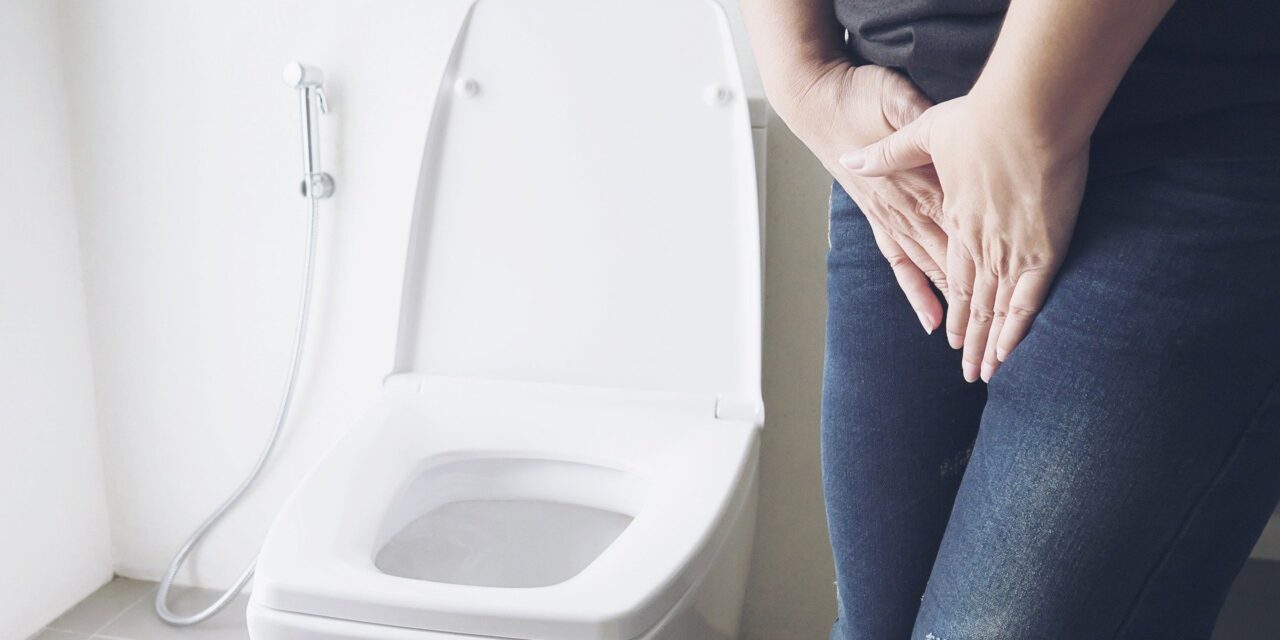As pelvic health physical therapists, we see CrossFit athletes for various reasons at our Boulder and Lafayette clinics. CrossFit is not an activity that is detrimental to the pelvic floor, even research has shown that, so we want all our CrossFit athletes to continue doing what they love. However, there are some common pelvic floor...
Should I Contract My Pelvic Floor While Jumping?
February 14, 2023
Quick answer: NO. Often what is seen clinically in those who experience urine leakage with something like walking, running, or jumping movements, is that these individuals will begin to clench and contract their pelvic floor during these activities to try to prevent leakage. While that seems to make logical sense, this technique often doesn’t solve...
By now, you’ve probably heard of the “pelvic floor” as it is becoming a household term, but are you aware of how vital the pelvic floor is for our athletic success? The pelvic floor is the name given to the group of muscles, ligaments, fascia, and nerves that live in and around the bony pelvis....
What are Bladder Norms?
January 25, 2023
Patients coming to pelvic health physical therapy often have abnormalities with the bladder or bowel habits. And often, if these habits have been around for a while, it is difficult for someone to know what is normal. So what is a ‘normal’ bladder like? Frequency -Voids aka peeing, should occur 5-8 times in 24 hours....
What is athletic pubalgia/sport hernia? This diagnosis is essentially an imbalance of the adductor muscles and abdominal muscles at the pubis. Specifically the adductor longus and the rectus abdominis are the most important muscles involved in athletic pubalgia/sport hernia as they share fascial connections in what is called the pubic aponeurosis or the abdominal/adductor aponeurosis....
Recurrent Yeast Infections? The Importance of the Vaginal Microbiome and How Physical Therapy Can Help
December 17, 2022
Vaginal yeast infections, also called candidiasis, are an uncomfortable and common issue most women will deal with at some point in their life. According to The American Academy of Family Physicians (AAFP), 3 out of 4 women will experience candidiasis at least once, if not twice, in their lifetime. As a pelvic floor specialist, we...
Urinary Urgency and Frequency: Study Links This to Weak Hips, Not a Weak Pelvic Floor
November 30, 2022
One common symptom treated in pelvic floor physical therapy in our Boulder and Lafayette clinics is urinary urgency and frequency. These symptoms can be due to a number of musculoskeletal or nervous system dysfunctions: hypertonic pelvic floor or abdominal muscles, irritated pudendal or genitofemoral nerves, a high sympathetic nervous system state, learned behavior, etc. Patients...
In the world of pregnancy and postpartum exercise, lack of available evidence has led to a fear-based model of avoiding heavy weight training due to unknown risk. As more research is being done on the pregnant population the evidence is becoming clear that activity, including heavy weight lifting, does not increase risk to mom or...
How Your Physical Therapist Can Provide Anal Fissure Treatments and Reduce Recurrence
November 6, 2022
Bowel movements are a part of our normal routine, but painful bowel movements don’t have to be. A common cause of painful bowel elimination is anal fissures. These tiny tears in the anal canal are quite common and have a significant impact on quality of life. Among patients studied in a 2014 cohort, prevelance of...
As pelvic physical therapists in Boulder County, functional constipation has been something treated in our clinics via various techniques. A new randomized controlled trial has shown one commonly performed intervention to be an effective first-line treatment for functional constipation. Functional constipation is defined by the Rome IV criteria. Rome IV criteria: Must include two or...










